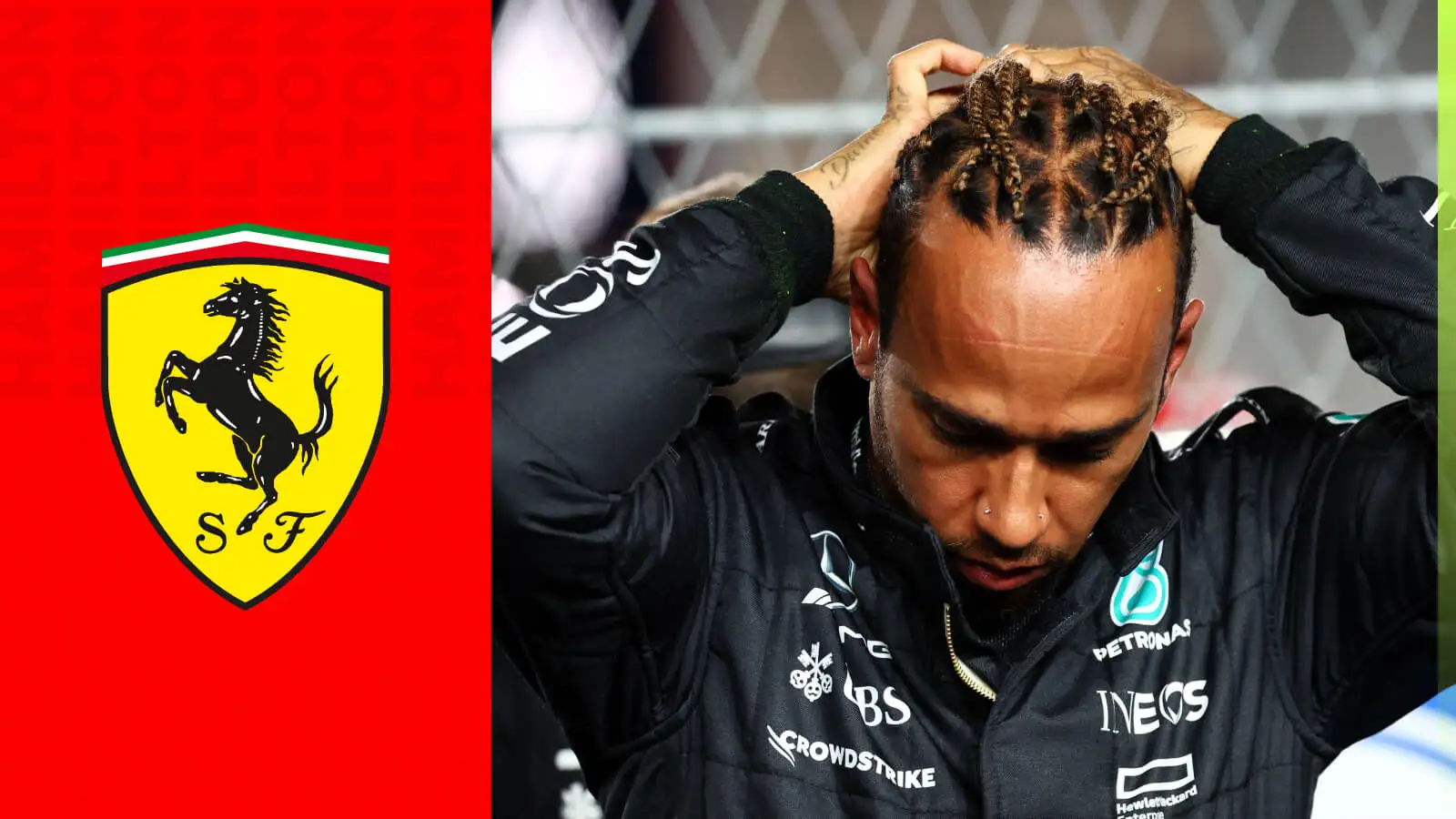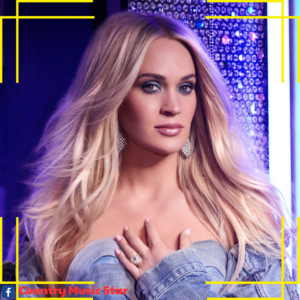Most of Lewis Hamilton’s F1 race weekends with Mercedes over the last two years have followed a broadly similar pattern.
Friday would invariably be the day for brutal reality to hit home, the extent of Mercedes’ distance to the front dawning on him over the opening two practice sessions, before something happened overnight.
Every week, almost without fail, Hamilton would then return to the track on Saturday and Sunday totally transformed, unflinchingly positive about the team, their situation and pretty much everything else.

Lewis Hamilton’s move to Ferrari gives him the chance to escape the ghosts of Abu Dhabi 2021, the turning point of his Mercedes career.
Will Lewis Hamilton win with Ferrari after leaving Mercedes?
We’re not where we want to be right now, he would say, but we’re slowly getting there. I have every faith in the quality of this team that we can get back to where he belong and soon.
And did I mention the crowd? Such a great crowd here!
It became a coping mechanism, as if he would recalibrate his expectations for the remainder of each weekend after the humbling experience of Friday, getting all the frustration out of his system before reinventing himself as the driver – the leader – his team needed him to be.
Yet it was always those interviews after FP2 on a Friday afternoon where his guard would lower, offering a brief glimpse into his true feelings and a regular gauge of his emotional state.
Think back, for instance, to the 2022 Canadian Grand Prix, where after bouncing his way through second practice Hamilton cut an agitated figure, looking to the sky momentarily before staring darkly, hands on his hips, into the abyss.
“This car is so bad,” he muttered quietly, seemingly believing himself to be off camera before the interview began.
The most devastating of all?
Barcelona 2023, where after the first day back on a traditional, purpose-built circuit after the Monaco upgrades Mercedes hoped would transform their season, Hamilton offered his initial thoughts on the revised W14.
“The car feels…”
And then a pause, before shrugging and breaking into a resigned grin.
“The car feels like the car.”
Nothing had changed.
Nothing ever did change much at Mercedes over the last two years despite their reputation, recent achievements and bold proclamations, yet there was always a limit – for all his affection for the team and his long-running relationship with the brand – to how much Hamilton could keep smiling through the pain.
One blip, one winless season – after all the success they had achieved together – was unpleasant, if tolerable.
But two?
And so it culminated in Thursday’s announcement that Hamilton will join Ferrari at the end of 2024, walking out on Mercedes before the team even had the chance to prove to him that they can get it right at the third attempt under F1’s current regulations.
It is a move to totally transform the tone of the closing years of his career and will finally give Hamilton the chance to escape the ghosts of Abu Dhabi 2021.
For as long as he remained a Mercedes driver this side of 2021, Hamilton was a hostage to that night at Yas Marina – a diminished, slightly haunted figure fighting to reclaim a title that in all likelihood he won’t ever get back.
The spectre of Abu Dhabi has hung over every move he has made since, his wounds salted the moment it became apparent in early 2022 that Mercedes had failed to provide him a car with which to instantly strike back and condemning him to a cycle of never-ending frustration.
More than once over the last two years Hamilton has expressed a desire to take back what was taken from him, warning that he will not give up until he does.
Toto Wolff, the Mercedes boss, has likewise spoken of a “personal anger” driving him to help Hamilton win a record-breaking eighth World Championship and thus cement his status as the greatest driver in history, yet there comes a point when those intentions clash with cold, hard reality.
And Hamilton, having won six titles in seven years with Mercedes from the start of F1’s V6 hybrid era in 2014, is wise enough to know that when a team and driver embark upon a period of dominance – as Red Bull and Max Verstappen now have under the ground effect rules introduced in 2022 – they are usually impossible to stop.
It risked being a quite undignified end to his career, staggering on – potentially deep into his 40s – in some doomed-to-fail revenge mission while helplessly watching Verstappen begin to threaten his records.
But by drawing a line under his post-2021 Mercedes career, his final years spent in Ferrari red promise to be far more befitting for a driver of his stature.
In truth, he will almost certain to be no closer to winning the World Championship with Ferrari than he is with Mercedes now, even with F1’s next rules reset in 2026 on the horizon.
Making the move at this stage of his career, however, is the first real sign of Hamilton consciously considering his lasting legacy – a sign that, no, he doesn’t have all the time in the world after all.
And the time he does have left in F1?
As a bare minimum he wants to take some satisfaction and enjoyment from it and driving for Ferrari is the one box he simply could not bring himself to leave unticked.
If this is not quite an acceptance that his only shot of an eighth title came and went in the controversy of the 2021 season finale, it is at least an acknowledgement that life at Mercedes post-Abu Dhabi had become unsustainable against the backdrop of underachievement.
Shortly after Hamilton was crowned World Champion for the first time as a Mercedes driver in 2014, the great sportswriter Simon Barnes, in a column for ESPN, posed a question to the footballer Steven Gerrard: are you ready to be wonderful?
Approaching the end of his career as captain of Liverpool, was Gerrard ready to accept that his best days were behind him in exchange for a slightly different, reduced but still valuable role?
Did he have it within himself to make the transition from Captain Fantastic – heroic cup glories, last-minute goals and all – to wonderful, no longer the star but important in a different, more inspirational way?
Fernando Alonso at Aston Martin was in 2023 the closest thing F1 has had to wonderful for some years, revelling in the process – and the progress of his team – as much as the results and gaining much of his pleasure from the simple joy of driving, competing, racing.
Now 42, almost two decades after his last World Championship, Alonso gives a good impression of someone now at peace with the thought that he may never win a third.
Even if he would still bite your arm off at the shoulder in a heartbeat if the opportunity ever presented itself.
Might a similar fate now await Hamilton?
An eighth title is likely to be beyond him wherever he turns at this stage and it may be that he finds himself qualifying behind Charles Leclerc, regarded as the fastest driver over a single lap these days, more often than not.
Yet by simply changing the record, the most successful driver in F1 history taking the hand of the sport’s greatest team for one last dance, he will be revitalised – and more cherished – as retirement gradually comes into view.
Better to burn out in the Ferrari than fade away in the Mercedes.
Hamilton has been great. Spectacular. Incredible. The amazing rookie. The established World Champion. The record breaker. The history maker. Unstoppable. Unbeatable. Unmatched.
But in 2025? In the sacred red of Ferrari? With the Prancing Horse on his chest?
When he walks through the gates at Maranello for the first time as a Ferrari driver, Hamilton will have the opportunity to be wonderful too.
News
Being Tiger Woods‘ son bestowed Charlie Woods with popularity. But the privilege had demerits of its own.
Is ‘Being Tiger Woods’ Son’ Tough For ‘Charlie Woods The Golfer’? Dec 18, 2022; Orlando, Florida, USA; Tiger Woods (top) and son Charlie Woods watch a putt…
The PGA Tour needs a new commissioner and Tiger Woods is a strong candidate for that seat
Why Should Tiger Woods Take Up The PGA Tour Commissioner’s Role In The Future? (L) Jay Monahan (R) Tiger Woods, Credits: USA TODAY Sports As per the…
Tiger Woods’ TGR Lab at Cobbs Creek Golf Course is about to take it to the next level
Tiger Woods hires former West Philadelphia principal to run his TGR Lab at Cobbs Creek Golf Course Meredith Foote, a veteran educator who taught school in Philadelphia…
Tiger Woods still “ignores” Jon Rahm because he left the PGA Tour to come to LIV
Jon Rahm: Tiger Woods Hasn’t Responded to My Texts About Leaving PGA Tour for LIV Harry How/Getty Images Jon Rahm’s controversial decision to jump ship from the…
Carrie Underwood reveals how screen time impacted her children’s behaviour
Carrie Underwood details about the cons of technology for young children Carrie Underwood reveals how screen time impacted her children’s behaviour Carrie Underwood has recently revealed she…
Chiefs QB Patrick Mahomes says Marquez Valdes-Scantling suggested Super Bowl LVIII saving play
The Kansas City Chiefs’ fourth down conversion in overtime against the San Francisco 49ers was clutch and fueled the Super Bowl LVIII winning drive. Patrick Mahomes gained…
End of content
No more pages to load











